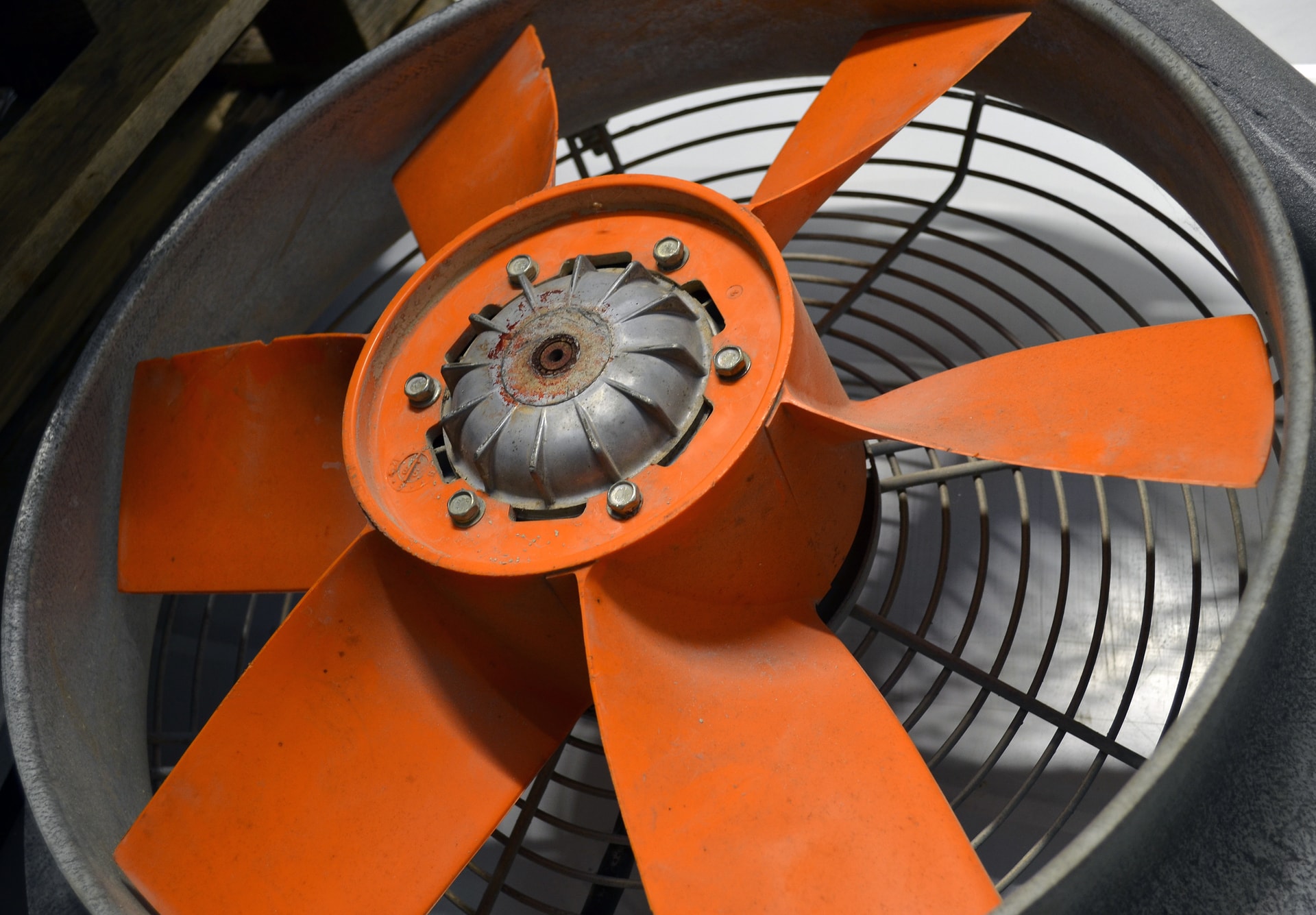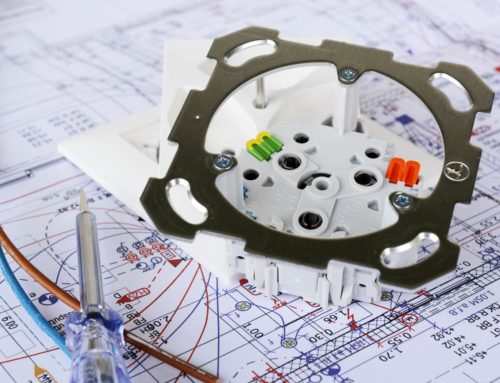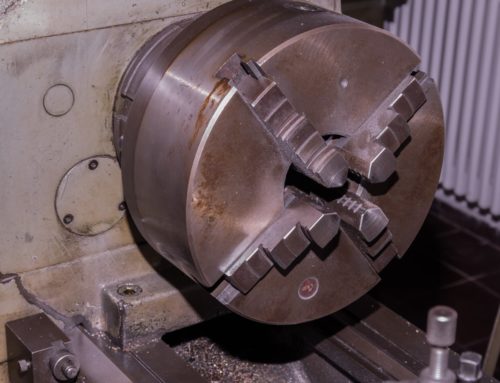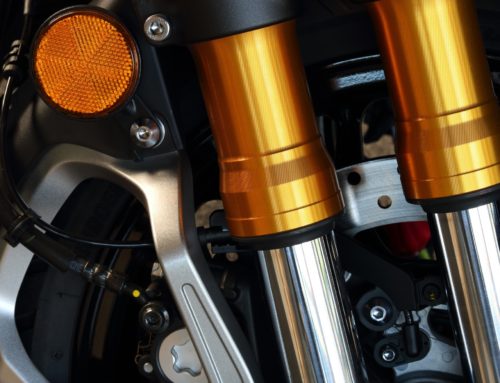Nearly 70 percent of machines in industries around the globe use induction motors to function, specifically three-phase induction motors. These motors use an electromagnetic field (emf) to induce rotation. Induction motors use AC to power their momentum, which lends itself to implementing a DC injection brake to slow or stop the motor. When it comes to safety, induction motors function better with electric brakes than mechanical friction-based braking applications. There’s less maintenance and increased safety.
In this post, we’ll share the five benefits of utilizing induction motors to power your machines. If you’re interested in a quote for electronic brakes like DC injection braking for your three phase induction motor, contact Ambitech today! Otherwise, continue reading to learn more.
Five Induction Motor Advantages
Induction motors are more prominent in industries, and it’s no wonder when you take a look at the advantages listed below:
- Robust, Rugged, Reliable – Induction motors are durable and can operate in nearly any environment. When it comes to industrial use, the induction motor outworks and outlasts other motor types.
- Low Cost – It may come as a surprise, but induction motors are relatively inexpensive when compared to their counterparts like the DC motors or synchronous motors. Furthermore, the induction motor cost is lower due to the absence of slip rings, commuters, and brushes, which are all components regularly replaced in other types of motors.
- Nearly Maintenance Free – The absence of brushes, slip rings, and commuters also make induction motors virtually maintenance free. This means you’ll spend less on repair, and have less downtime maintaining the motor.
- Operational in Hazardous Environments – Induction motors do not have brushes or other components that may cause a spark during use. This means they can be used in environments that are hazardous or potentially flammable.
- Self-Starting Torque – The three-phase induction motor does not need auxiliaries to create starting torque. The single-phase motor does, however, need auxiliary power to get started. Nonetheless, three-phase motors, unlike synchronous motors, have self-starting torque.
DC Injection Braking
As a swifter and safer alternative to stopping power than friction braking, DC injection brakes are great for use in induction motors. DC injection is simple to understand. Once the AC voltage is disconnected in an induction motor, the DC voltage can then be injected into the motor to slow or stop the momentum entirely. The stronger the DC torque applied, the stronger the stopping power. This results in frictionless, safe stopping power without the danger of malfunction, damage, or wear. When you add DC injection braking to your induction motors, you will notice the difference in maintenance, time, and production. The advantages are numerous, as you can tell from the list above.






